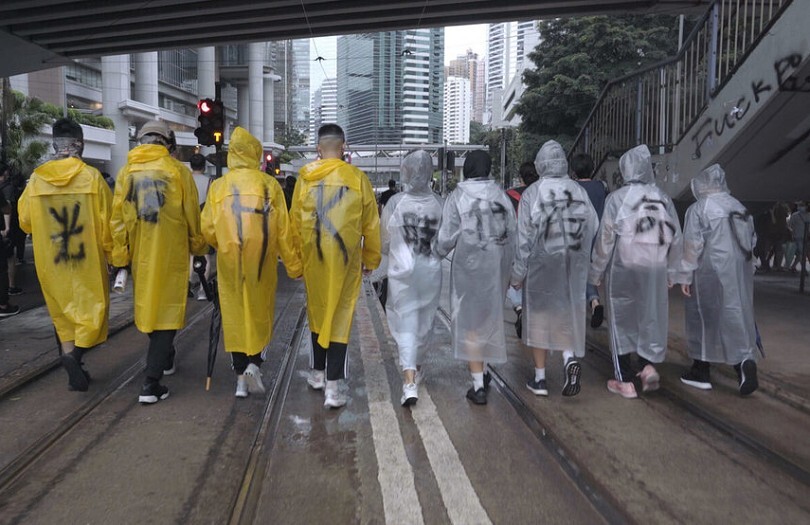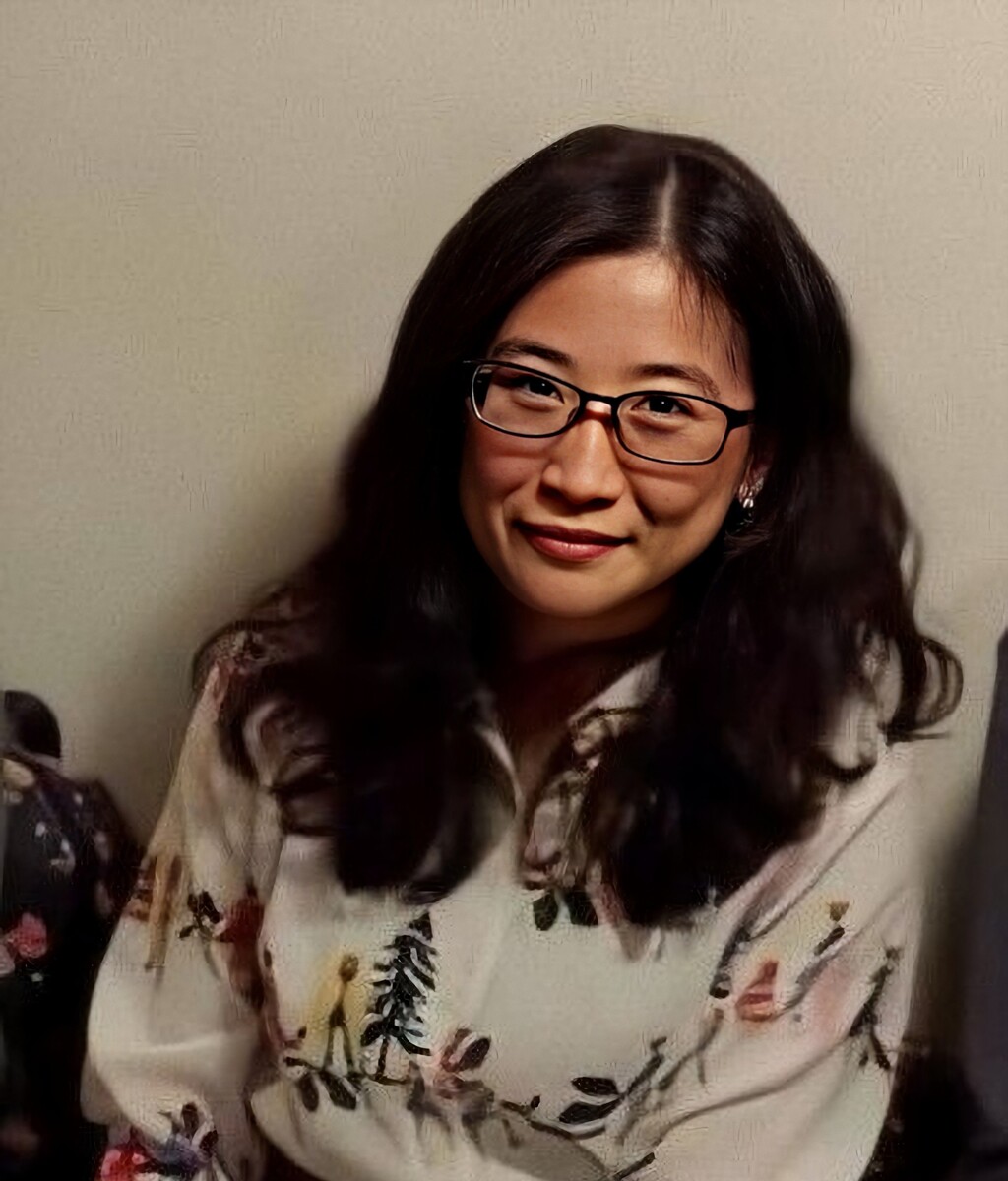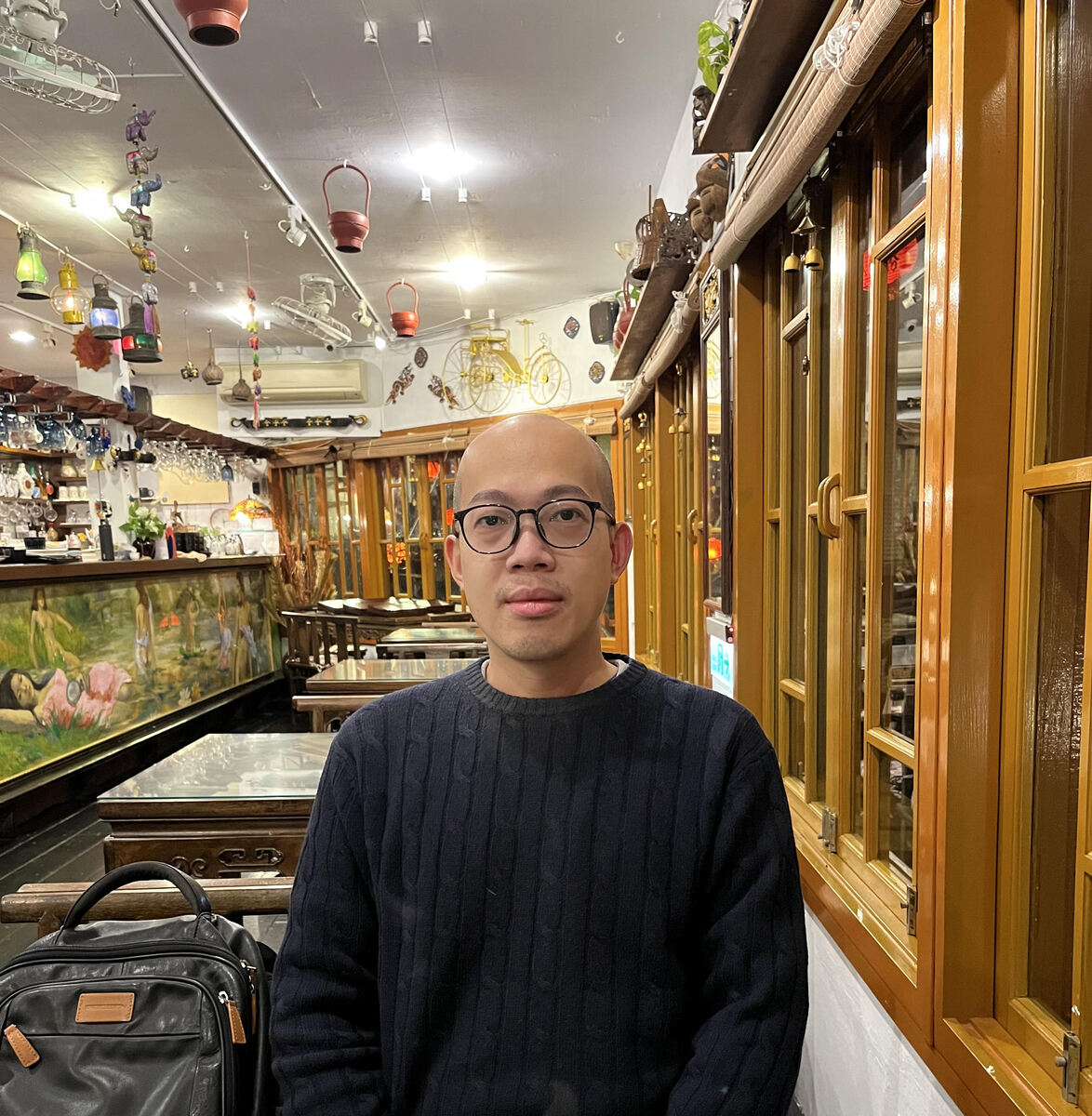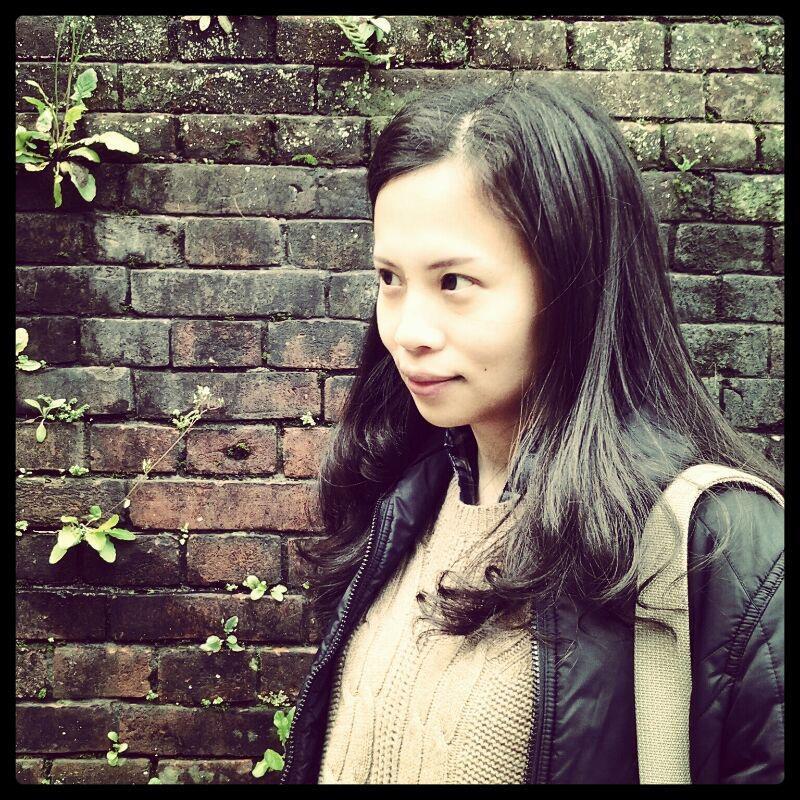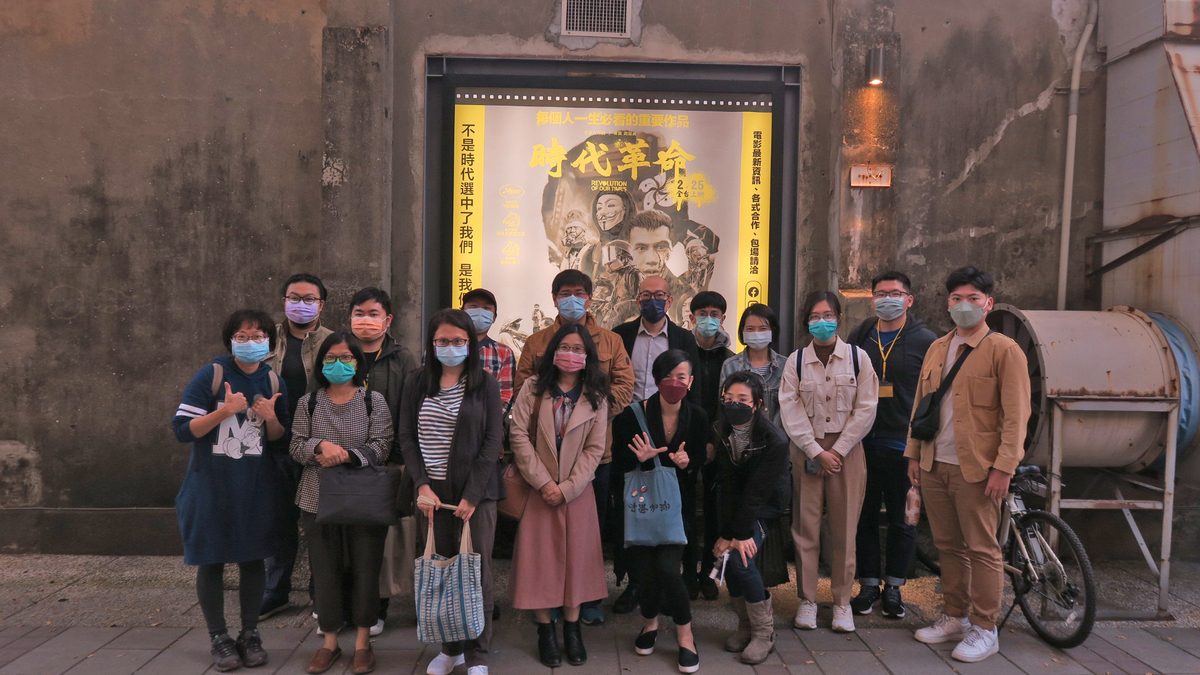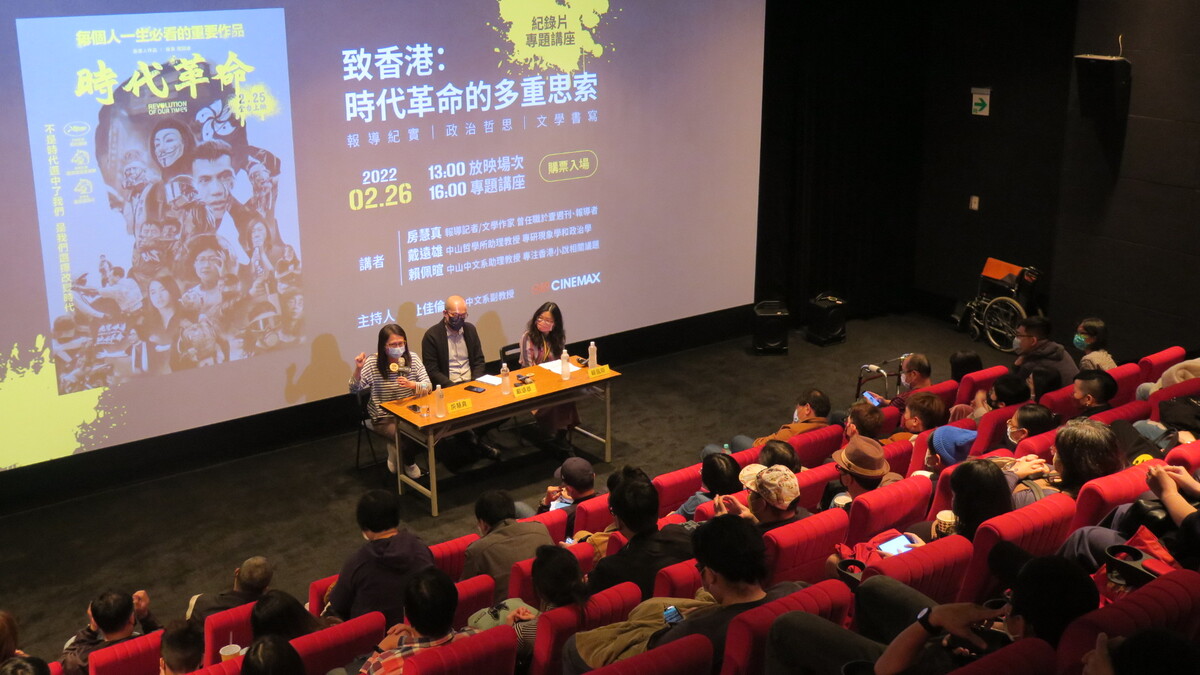The College of Liberal Arts at National Sun Yat-sen University, in collaboration with in89 Pier-2 Cinema, organized a discussion on the award-winning documentary “Revolution of Our Times: a film by Hongkongers” on February 26 as part of the “At the Foothills of the College of Liberal Arts” series. The event attracted a full house of enthusiastic audience to watch the documentary and participate in the discussion.
The roundtable discussion on the documentary “To Hong Kong: thoughts on the Revolution of Our Times” was moderated by Associate Professor Chia-Lun Tu of the Department of Chinese Literature. Three speakers engaged in the discussion: a well-known non-fiction literary writer Hui Chen Fang, Assistant Professor of NSYSU Institute of Philosophy Jacky Tai, and Assistant Professor Pei-Hsuan Lai of NSYSU Department of Chinese Literature. They analyzed the documentary from different points of view: nonfiction writing, political philosophy and literary studies, discourse and action, responded in their own ways to the ideals, emotions, discourses and actions embodied by the social movement in Hong Kong, and reflected on the relationship between images, narratives, and social movements. Some participants watched the documentary during the long weekend marked by the anniversary of February 28 incident and found it very meaningful, thinking about the events in Hong Kong in relation to the current plight of war in Ukraine and reflecting on the issue of authoritarian oppression.
Writer Hui Chen Fang related the “Revolution of Our Times” to two previous documentaries about the Anti-Extradition Law Amendment Bill Movement in Hong Kong – “Taking back the Legislature” and “Inside the Red Brick Wall”, as well as her experience interviewing protesters on site during the 2014 Umbrella Movement and the 2019 Anti-Extradition Law Amendment Bill Movement. She discussed the social movements and political changes in Hong Kong in recent years, highlighting the contrast between the light and the darkness presented in the documentary, manifested by the contrast between the valiant and the peaceful protestors, the protesters and the police, the people of Hong Kong and the government in power, with a particular focus on the grey areas in between both sides. She also recounted her visit to Hong Kong, bringing with her the trauma of the Sunflower Movement in Taiwan and found herself shocked by the social divisions she witnessed in the streets of Hong Kong.
Assistant Professor Jacky Tai regarded the documentary as a historical record and contended that it is a faithful representation of the social movement in Hong Kong that consolidates Hongkongers’ sense of identity. As for the political aspect, he emphasized that the Anti-Extradition Law Amendment Bill Movement was decentralized, had no specific leader, expanded rapidly, and was almost entirely dependent on the use of online social media such as LIHKG and Telegram. The protests were organized spontaneously, flexibly and powerfully. Professor Tai believed that another feature of the Hong Kong movements was that the protesters actively spoke out on the international arena, lobbied for international support and raised funds. In addition, he also questioned the composition of the police force in dealing with the protesters at that time and revealed the dire situation in which Hongkongers were deprived of their legal right to organize a rally.
Assistant Professor Pei-Hsuan Lai focused on the relation between literary narratives and social movements. She first pointed out the important features of narration such as the motivation and goals that made the audience gradually accept the narrated facts. She highlighted the fact that as the “Chinese dream” had emerged to be the dominant narrative in recent years, the three regions on both sides of the Taiwan Strait chose to tell their own stories. She singled out the literary works by several Hongkongese writers, including Li Bihua and Dorothy Tse, who responded to the disintegration of normal lives in Hong Kong. She specifically explored the imaginaries of a lost city and a ghost town in the literary narratives, which reveal the immense grief of “my city being dead” and closely mirror the visual narratives of the “Revolution of Our Times”.
Many participants acknowledged that this event sowed the seeds of humanities in the hearts of the public, enabling their interest in artistic and literary creation to flourish and inviting the public for a deeper reflection on important issues through exchange and discussion. Professor Tu also welcomed everyone to pay more attention to these issues and actively participate in the future events of the series: “Let Mozart and Shakespeare enter the colleges of Science and Engineering,” “Let Nietzsche give a lecture on Superman,” “Let Zhuangzi talk about wandering at ease in the city,” and “Let Dionysus dance and sing with the crowd.” Dean of the College of Liberal Arts at NSYSU Hsi-San Lai anticipates that the future activities of “At the Foothills of the College of Liberal Arts” series will cover music, drama, dance, visual arts, literature, Buddhism and philosophy, and will be conducted in the form of courses, post-screening discussions, master lectures, film exhibitions, performances, outdoor events, and workshops with the hope of making the College of Liberal Arts take root in the local environment.

